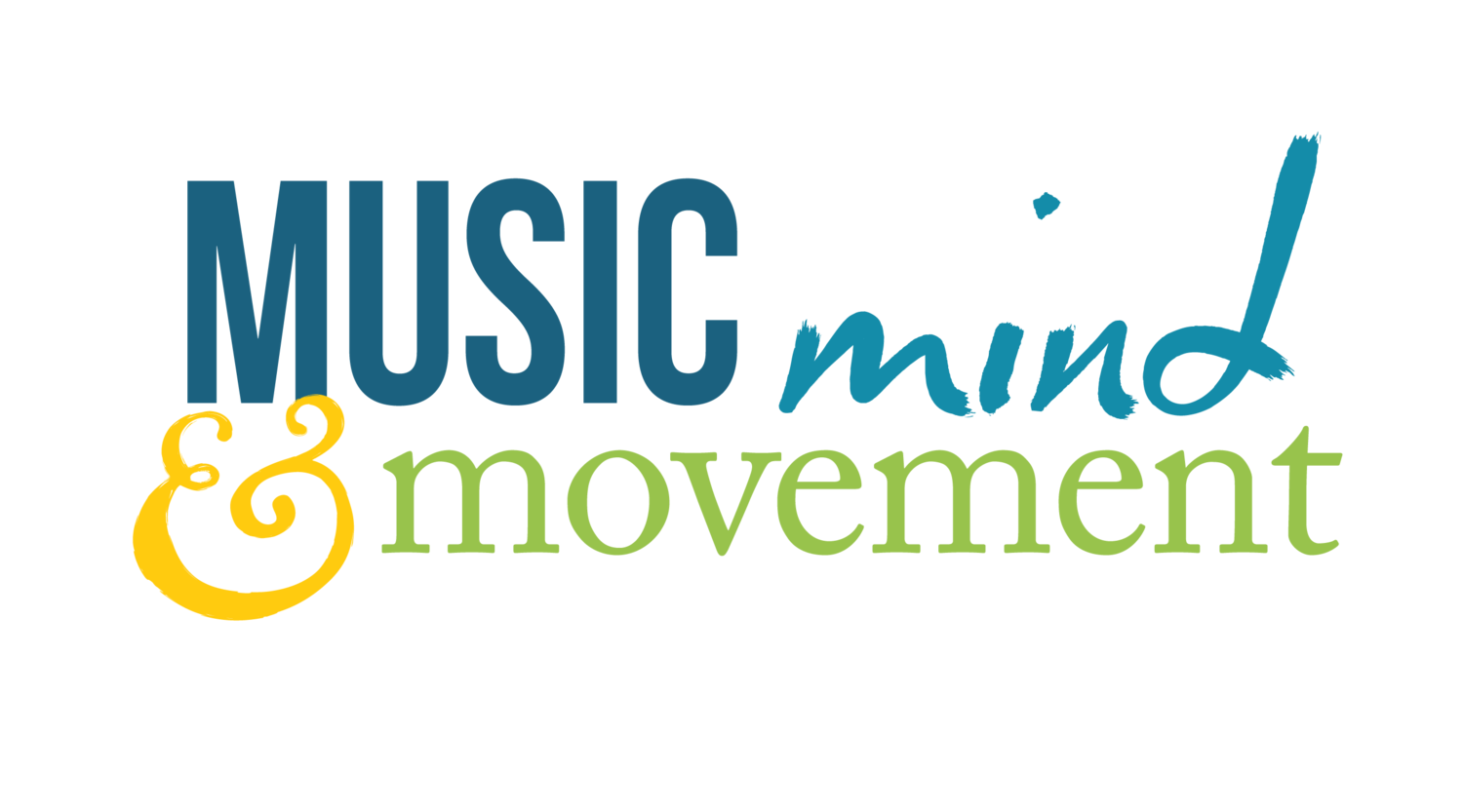ocal vision is associated with increased activation of the sympathetic nervous system (the GO! branch of the autonomic nervous system). This can be a good thing when we need to focus on something specific for a certain period of time since autonomic arousal can boost our ability to pay attention. But if we remain locked in this high-focus mode of visual perception for longer than our nervous system can tolerate, we may experience feelings of stress, anxiety, tunnel vision (or “one-track mind”), and hyper-vigilance. But there’s good news! Panoramic or peripheral vision is associated with a decrease in autonomic arousal, or the activation of the parasympathetic nervous system. This decreased arousal may be experienced feeling safe and calm and with having a broad yet flexible awareness of your surroundings.
PRACTICE: The 7 Dwarfs
Here at MUN, and at music schools all over North America, we are ramping up to jury and recital season. It’s an exciting time of the academic year and also a time when many musicians get stuck in that awkward place where their repertoire is pretty much learned, but not quite at the level they want it to be, whether technically, musically, or both. In this place, the intended result seems so close and at the same time inordinately difficult to reach. Maybe we can image imagine what we want but can’t quite get it to come out. Or, we know what we’re doing isn’t exactly what we intend, but we struggle to find clarity in our interpretation. It is easy to fill this gap with a lot of grinding of gears and spinning of wheels in an effort to just get. it. right. It seems like if we just play it enough times, it should get better, right? Well, sometimes repetition does the trick. But there is often a cost that is paid in frustration, wasted time, and physical tension and we inadvertently cultivate the opposite of the kind of freedom and authenticity we ultimately want on stage.
Taxidermy vs Tracking: Some musings on mindfulness, performance, and musical expression
It occurs to me that rather than trying to normalize the performance experience, we could try to live more fully -- to actually experience more of our lives -- everyday. I think we often flatten out our experience so that it appears to align more closely with our preferences and expectations. But what if we actually sought out and learned to be okay with more texture, more nuance, more drama? Might the performance experience seem less fraught?
Dignity
Playing sloppily is undignified, yes. But, in my opinion, so is the rigid striving of perfectionism. Perfectionism is a rejection of the full expression of our humanness. As a recovering perfectionist, I know this all too well! And, in a sense, we can’t reject our own humanness without also rejecting others’. But when we embrace our our shared humanness — our capacity for greatness along with our foibles and failures — we enter into a different sort of relationship with ourselves, the music, and the audience. Through our sincere effort, clear purpose, and receptivity to the moment, we dignify each other.
Reflections and Updates
Well, it’s the first blog post of 2019 and I’m going to cheat a bit (insofar as it’s possible to cheat on your own blog…) on not even write a “real” post. Instead, I’m going to recap some 2018 highlights for Music, Mind, and Movement and tell you what’s ahead for 2019.




